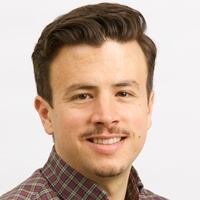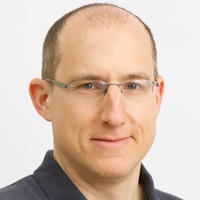Turning virtual
"What are the challenges of turning a physical conference into an online event?" - This was the main question that we, the Student Advisory Council of SETAC Europe, faced when the 10th Young Environmental Scientists Meeting had to turn to the virtual space. Although the meeting was initially planned to take place in Aachen, Germany, we decided to take on the challenge of hosting the first virtual YES meeting instead of cancelling - a decision so many others had to face.
The Challenges
The most challenging hurdle was to ensure a proper representation of the scientific conference format, where every participant would be able to access platform presentations and posters independent from the European time-based conference programme.
Moreover, the conference's virtual format implied a drastically different environment for any networking or social event we planned. To this point, no "best practices" were available except for comparably few other virtual conferences that rapidly switched from in-person to virtual format in 2020. Nevertheless, we were able to find and create entertaining online activities that facilitated social interactions in the virtual space.
Lastly, due to the current global health crisis, our budget to conduct the conference was smaller than usual. This sparked our initiative to apply for external funding at our affiliated research institutions.
The fruits of our work
After countless hours of emailing and building the online platform, we launched the event on the 22nd of February for 103 participants who joined from their home bases reaching from as far as Australia, the US or South Africa (and also including 9 participants from Eawag). The prerecorded platform presentations and uploaded posters were accessible to the participants at any time, in case they couldn't join the eight live sessions with scheduled presentations and discussions.

Four Keynote speakers from different sectors of environmental sciences gave valuable insights into the importance of networking, open access publishing, working in industry as a scientist and the solutions to current global environmental crises.
Socializing and networking opportunities included ice-breaking online games, two poster socials, several yoga classes, a movie night, a trivia game evening, a virtual conference dinner and many other smaller events. Last but not least, the participants had a chance to expand their skillset in eleven workshops and training courses, including mental health, scholarship application, mass spectrometry and LCA applications, CV tuning, visual communication and data storage and management.
All this could not have happened without our sponsors that financially supported our efforts: GRADE Sustain of the Goethe University, Swiss Federal Insitute of Aquatic Science and Technology, Agilent, Syngenta, ToxRat, fera, Environmental Science & Technology, Talking Bridge and SETAC Europe.















2 Comments
Kristin Schirmer
Andreas Schaeffer
Andreas Erickson, Mafalda Castro, Lena Benner, Kristina Bitter, Markus Schmitz, Marian Abboud, Ana Ramos, Samuel Moeris, Fabian Balk - you did a splendid and important job!